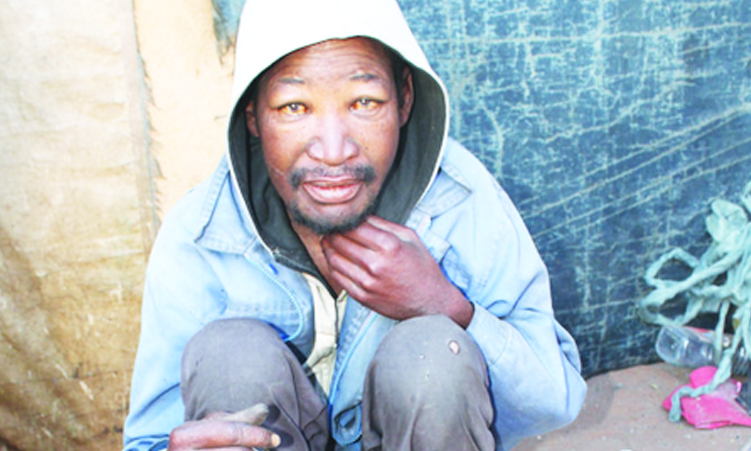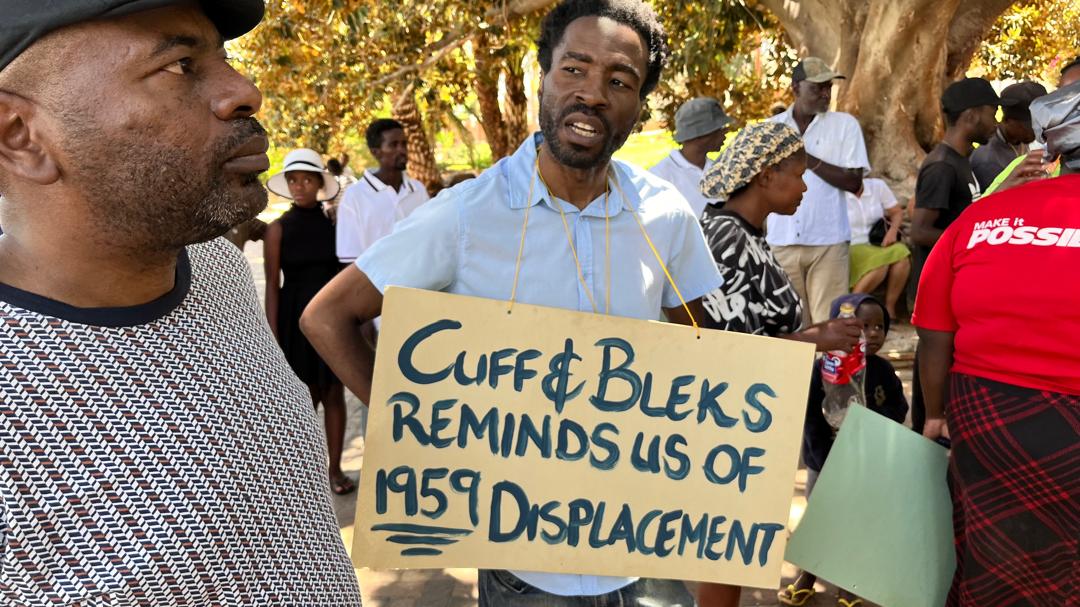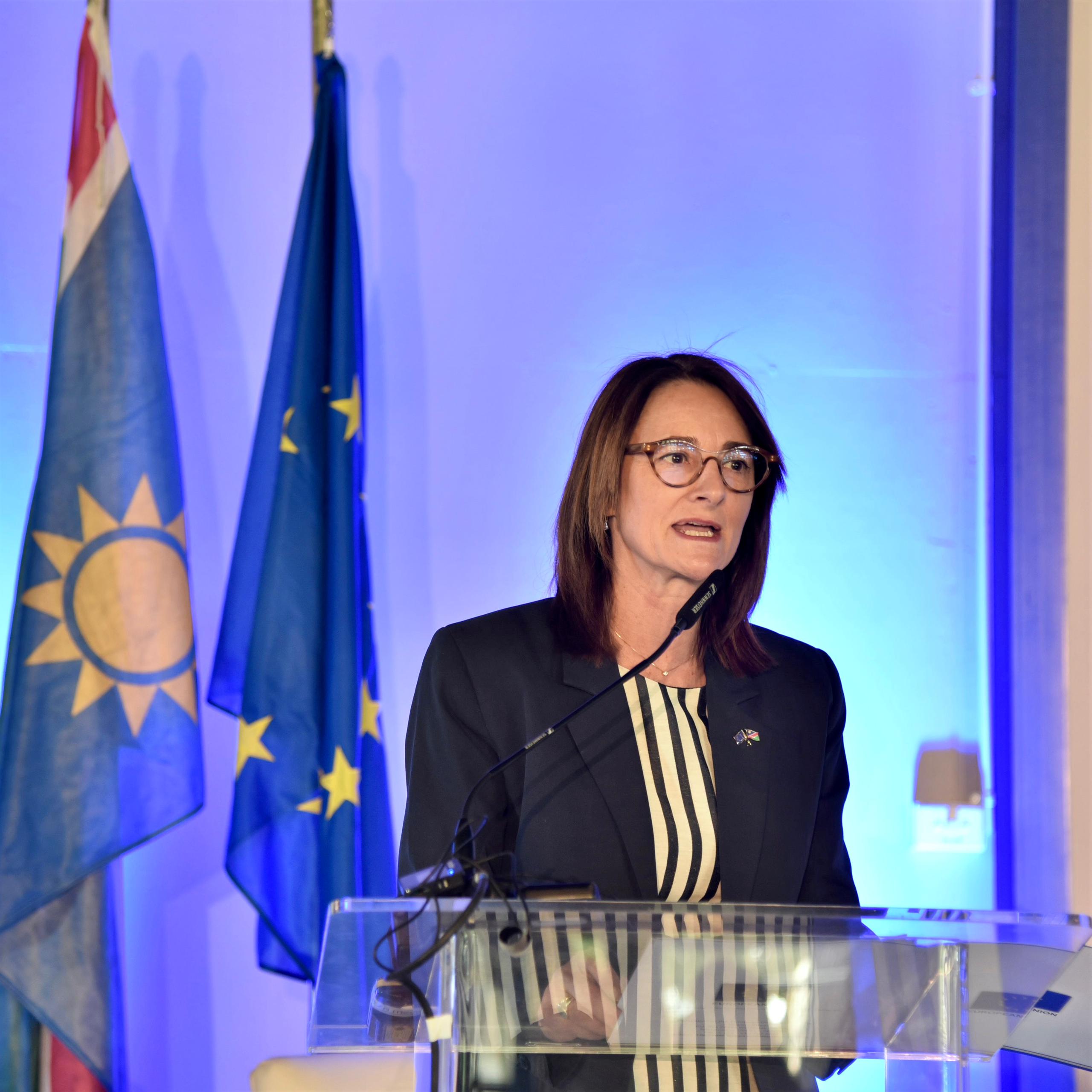Omaheke governor Pijoo Nganate says the region needs approximately N$40 million to address malnutrition and starvation.
Speaking to Desert Radio this week, Nganate said they have already embarked on phase one of the poverty alleviation campaign, which includes supplying food to residents of the region.
“Phase two will entail the establishment of an agri-business at farm Nuwe Hoop, on a 250 hectare piece of land. I believe the municipality will have a letter for us on Wednesday when the council sits,” Nganate said.
The project will cost N$40 million, and is on course with the World Food Programme and World Health Organisation, he said.
“On Wednesday, the country director of the Food and Agriculture Organisation will be visiting Omaheke, after I visited her.”
Nganate said the planned mixed farming initiative will include cattle, goats, sheep, pigs and poultry rearing, and greenhouses and a dairy plant are planned.
“The dairy plant was earmarked for later but we believe that it is one of the low hanging fruits that can start immediately. We will source 10 milk cows. We are also appealing to the community out there to come forth and donate some cows so that we can supply our soup kitchens with milk.”
His dream is for every child in the Omaheke region to enjoy a glass of milk per day, he said.

File photo
LIVES LOST
Nganate decried the loss of life in the region but said the situation has improved since the June report.
“However, a life is a life and one life lost is one too many. This is why we are working towards a zero poverty related death rate in the country. I would like to appeal to parents to stop with their child-neglect and clamp down on all social ills that may perpetuate the situation,” he said.
Despite being saddened by the reported deaths and hospital admissions, Nganate said the region is on the way to clamping down on the scourge of poverty.
Nganate said after the announcement of children dying of malnutrition, his office immediately sprung into action to establish a task force of different government agencies, churches and civil society organisations.
In July, the region recorded one death and 11 hospitalisations, with no deaths in August. The 45 deaths previously reported were from January to June this year, he said.
Many of the children have been discharged, with only one readmission.
“Which brings us to the conclusion that we are making strides and seeing relief in malnutrition cases,” he said.
CALL FOR BIG PROJECT
Labour and social activist Herbert Jauch called for the return and implementation of the Basic Income Grant (BIG) to remedy poverty.
“The Omaheke situation is a case that invalidates the statistics the government used when it said only 18% of the population of Namibia lives in poverty. The number is clearly much higher and now we are seeing the worst form of poverty, namely starvation and malnutrition,” said Jauch.
When the Oshivero project was piloted in the Omaheke region, they found clinic records indicating that 45% of children in the village were malnourished. Within months of the BIG’s implementation, this figure dropped to 5%, he said.
“These are irrefutable facts that have shown how effective the BIG was . It is tragic, in light of the concrete experiences, that it has to come to a point where people have to die from hunger and malnutrition before we can intervene.”
Jauch said the drought relief programme is a necessary emergency intervention but Namibia must think beyond fighting the ‘fire’ right now.
“We must think of what we can do in the medium to long term to make sure people do not fall into such conditions. The idea of a universal BIG is one that guarantees that we do not wait for people to starve or that they do not reach that point,” he said.
Stay informed with The Namibian – your source for credible journalism. Get in-depth reporting and opinions for
only N$85 a month. Invest in journalism, invest in democracy –
Subscribe Now!






